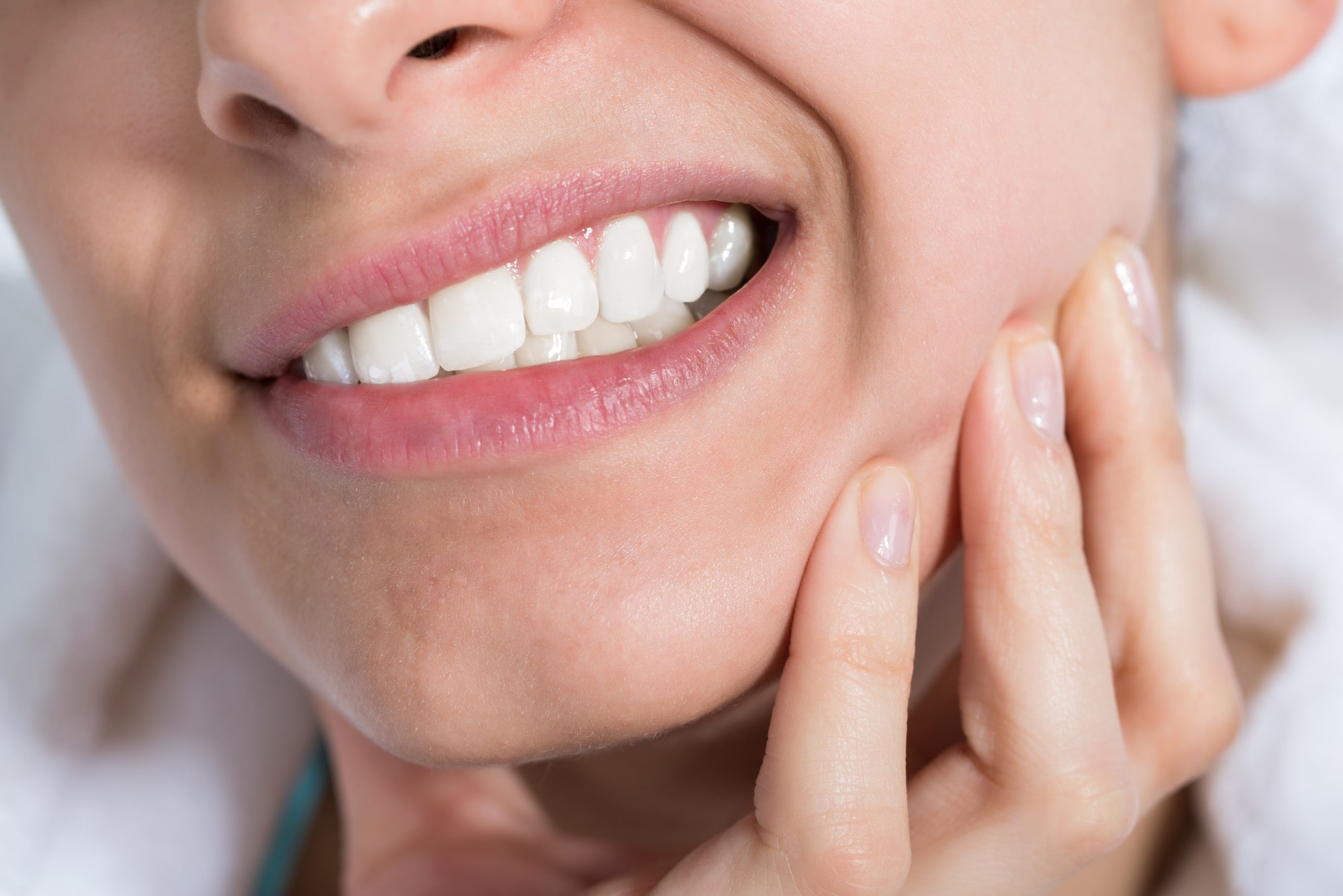purple plum aesthetics blog
How Nutrition Affects Your Oral Health: Foods to Avoid

Nutrition affects your oral health in powerful ways. The food you consume directly shapes tooth strength, gum resilience, and your mouth’s defense against harmful bacteria. A balanced diet filled with essential nutrients helps prevent tooth decay, gum disease, and enamel erosion. For those seeking expert care and analysis, Dental Services in Falls Church Virginia, US such as oral DNA analysis and professional cleanings can provide a deeper understanding of how nutrition and oral health connect.
The Relationship Between Nutrition and Oral Health
Good oral health depends on a balanced diet and consistent oral hygiene. Every food choice impacts saliva production, enamel protection, and bacterial activity in the mouth. Nutrition and oral health are closely tied through their effect on mineral absorption, immune function, and acid balance.
The American Dental Association and the World Health Organization both recognize the link between diet and oral diseases. Diets high in sugar and processed foods promote dental plaque and increase the risk of developing dental caries and periodontal disease. When sugar consumption rises, bacteria release harmful acids that attack tooth enamel, leading to cavities and gum inflammation.
How Poor Nutrition Leads to Oral Diseases
Poor nutrition increases the risk of dental problems by weakening natural defenses. Diets low in vitamins and minerals slow healing and reduce gum strength. Deficiency in vitamin C leads to gum bleeding, while low vitamin D limits calcium absorption, causing weaker enamel and bone.
A poor diet often contributes to developing periodontal disease. Processed foods and sugary beverages support bacterial growth, which triggers inflammation in oral tissues. Over time, this causes gum recession, bone loss, and even tooth loss. Individuals with poor oral hygiene and frequent consumption of sugary foods face a higher chance of dental decay and chronic gum disease.
The Role of Food Choices in Dental Health
Good oral hygiene starts with mindful food choices. Dairy products such as milk, yogurt, and cheese strengthen enamel and neutralize harmful acids. These foods also provide calcium and phosphorus, essential nutrients for maintaining tooth structure.
Fruits and vegetables rich in fiber stimulate saliva production, which helps wash away food debris and neutralize acid. Leafy greens, apples, and carrots act as natural cleansers, supporting gum health and maintaining a healthy mouth. Whole grains regulate sugar levels and contribute to long-term oral health.
Sugar-free chewing gum increases saliva flow and reduces the impact of acidic foods. Water plays a major role as well by hydrating oral tissues and clearing food particles from the mouth.
Foods and Habits That Damage Oral Health
Certain dietary habits accelerate enamel erosion and tooth decay. Frequent consumption of sugary drinks, sports drinks, and fruit juices exposes teeth to continuous acid attacks. Acidic foods and sugar sweetened beverages weaken enamel and make it easier for bacteria to cause damage.
Sticky sweets and dried fruits cling to tooth surfaces, prolonging acid exposure. Free sugar intake should be limited to prevent dental caries. Chewable vitamin C tablets, while beneficial for immunity, are acidic and can harm enamel when consumed excessively. Exposure to stomach acid due to reflux also contributes to enamel wear.
Poor oral hygiene further increases risk, especially when combined with processed foods and frequent snacking. A consistent brushing and flossing routine supports caries prevention and overall dental health.
Nutrients That Support Healthy Teeth and Gums
Strong teeth and gums require a steady intake of key nutrients:
- Calcium and Phosphorus: Strengthen tooth enamel and bone density
- Vitamin D: Helps absorb calcium for enamel and jaw health
- Vitamin C: Maintains gum tissue and supports collagen repair
- B Vitamins: Aid in tissue healing and reduce inflammation
- Antioxidants: Protect oral tissues from oxidative stress
- Protein: Repairs tissues and promotes a healthy immune response
A healthy diet rich in these nutrients prevents dental caries and supports long-term tooth health.

Nutrition, Oral Hygiene, and Disease Control
Maintaining good oral hygiene is inseparable from proper nutrition. Regular brushing and flossing remove dental plaque, while nutrient-dense foods strengthen enamel and gums. Balanced dietary intake protects against oral diseases and supports overall health.
The Department of Health and Human Services emphasizes that oral and general health are interconnected. Poor oral health contributes to systemic issues such as cardiovascular diseases, diabetes, and chronic inflammation. By reducing sugar consumed and improving food intake, individuals promote both dental and body wellness.
Caries Prevention and Smart Eating Habits
Preventing dental decay begins with mindful eating habits. Limiting free sugars and acidic foods significantly reduces enamel erosion. Eat sweets only during meals rather than between them. Drink water afterward to rinse acids and wait before brushing to avoid damaging softened enamel.
Stimulate saliva production through chewing gum or eating crunchy vegetables. Saliva buffers acids and restores enamel minerals naturally. A consistent pattern of good oral hygiene and balanced nutrition leads to optimal oral health and a strong, healthy smile.

Conclusion
Nutrition affects oral health at every level. A healthy diet that includes dairy products, whole grains, fruits, and vegetables strengthens enamel, nourishes gums, and supports long-term dental health. Poor nutrition and frequent consumption of sugary or acidic foods lead to tooth decay, gum disease, and other oral health issues.
Maintaining good oral hygiene and making smart dietary choices help prevent dental problems, preserve a healthy mouth, and protect overall health. For individuals seeking to understand their oral health status in greater detail, trusted dental services in Virginia, US including oral DNA analysis provide valuable insights and preventive care for lifelong dental benefits.
Benefits of Periodontal Therapy
Periodontal therapy offers several significant benefits that extend beyond just oral health. Here are four key benefits:
One of the primary benefits of periodontal therapy is the prevention of tooth loss. Periodontal disease, if left untreated, can lead to the destruction of the bone and connective tissue that support the teeth.
Periodontal disease is associated with chronic inflammation, which can have adverse effects on overall health. By treating periodontal disease, patients can reduce systemic inflammation, potentially lowering the risk of related health conditions such as cardiovascular disease, diabetes, and rheumatoid arthritis.
Periodontal therapy helps improve oral hygiene by thoroughly cleaning the pockets around the teeth, which are difficult to clean with regular brushing and flossing alone.
Healthier gums appear firm and pink, which contributes to an overall more attractive smile. Additionally, periodontal treatment can stabilize teeth and prevent further recession, helping patients maintain a youthful and confident appearance.

